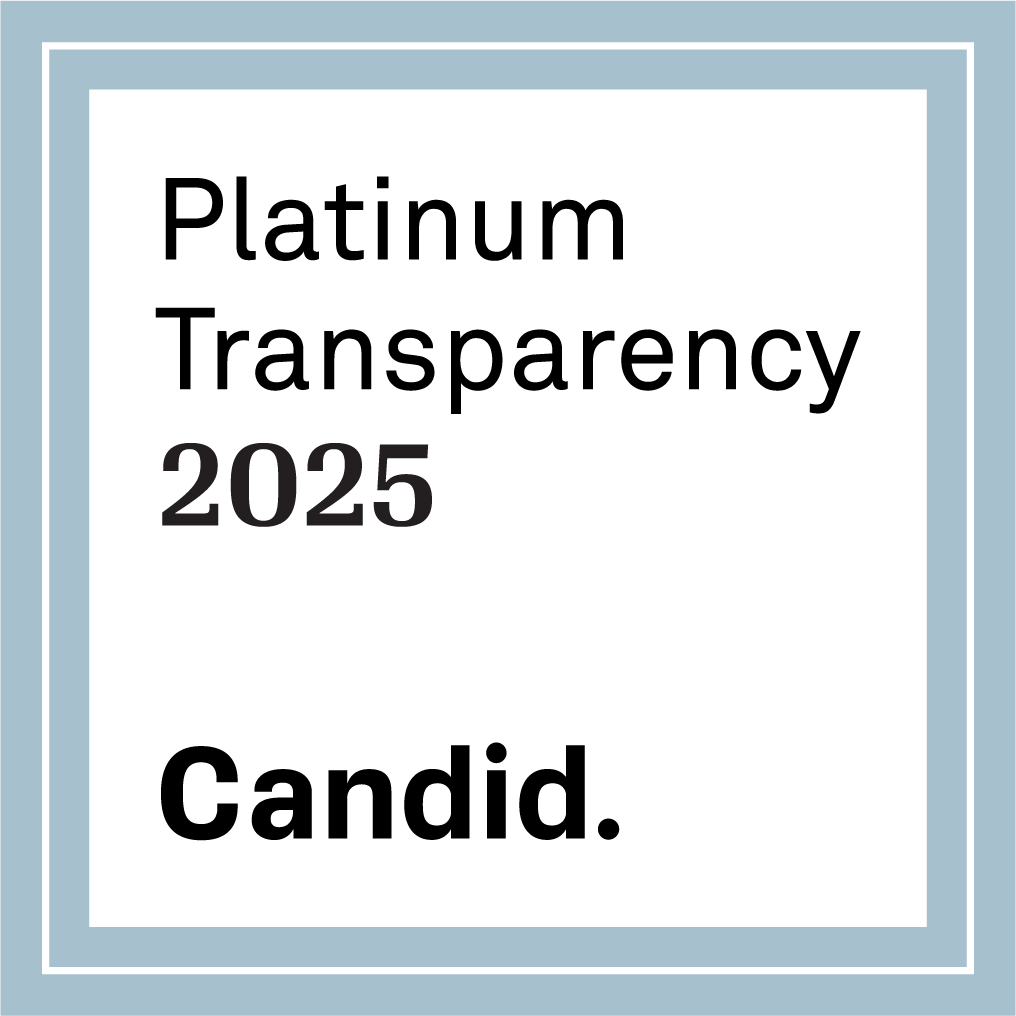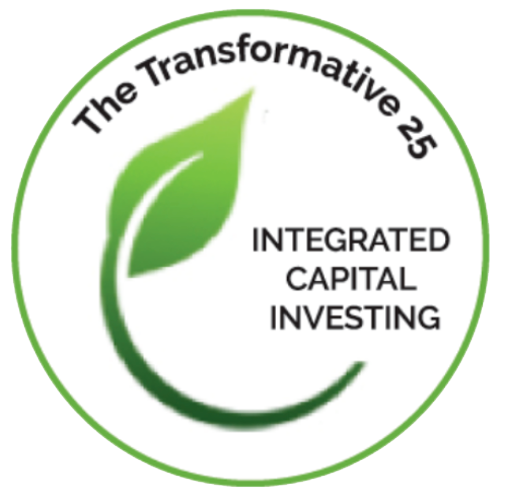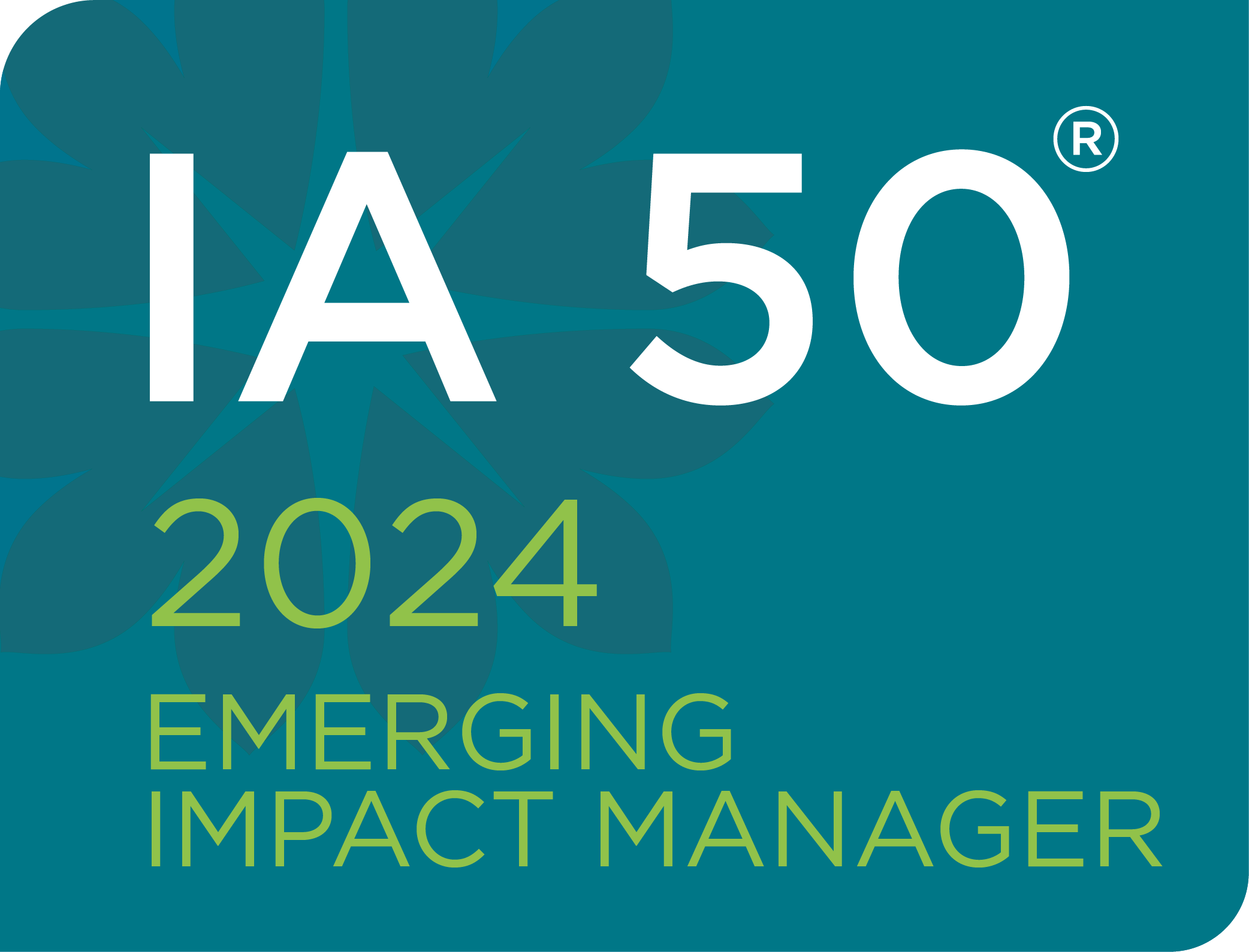BII Included in Solidarity Economy Funding Library
Thank you to the New Economy Coalition (NEC) for including BII to the Solidarity Economy Funding Library. Read below to learn more.
WHAT IS THE SOLIDARITY ECONOMY FUNDING LIBRARY?
It’s a resource for people to find funding, investing, and fiscal sponsorship opportunities, as well as detail relationships between movement organizations and funders.
New Economy Coalition’s (NEC) membership has long-recognized a need in our movement to unlock more trust-based, regionally-rooted flows of capital between projects and funders. The Solidarity Economy Funding Library is a response to that call.
In the future, the Library will also be a tool of accountability—to put funders and other capital power-holders on notice by having a democratically-controlled utility that enables organizers to share detailed insights on their experiences with the funding ecosystem.
WHO IS INCLUDED IN THE LIBRARY?
Currently, the library includes information on the following types of opportunities:
- Foundations—public, private, community, and family
- Fiscal sponsors
- City, county, state (and some federal) agencies and community and economic development corporations and/or other public/private partnerships
- Investors, including non-extractive investors, community loans, impact investors, angel investors, and some collaborative/integrated funds
- Banks—mostly community banks, including CDFIs, credit unions, financial cooperatives, and other lending institutions
- Financial services organizations
In the future, NEC hopes to incorporate other types of less traditional (e.g. donor-advised funds, fellowships, awards, accelerators, incubators) and more community-governed (e.g. giving circles, membership dues, etc.) funding opportunities.
HOW WERE ORGANIZATIONS SELECTED FOR THE LIBRARY?
Organizations included in the Library reflect a commitment to the following in their funding priorities:
- the emergence and cultivation of solidarity economies; and
- investing directly in specific neighborhoods and communities in alignment with NEC’s strategy to better resource regional solidarity economy ecosystems.




